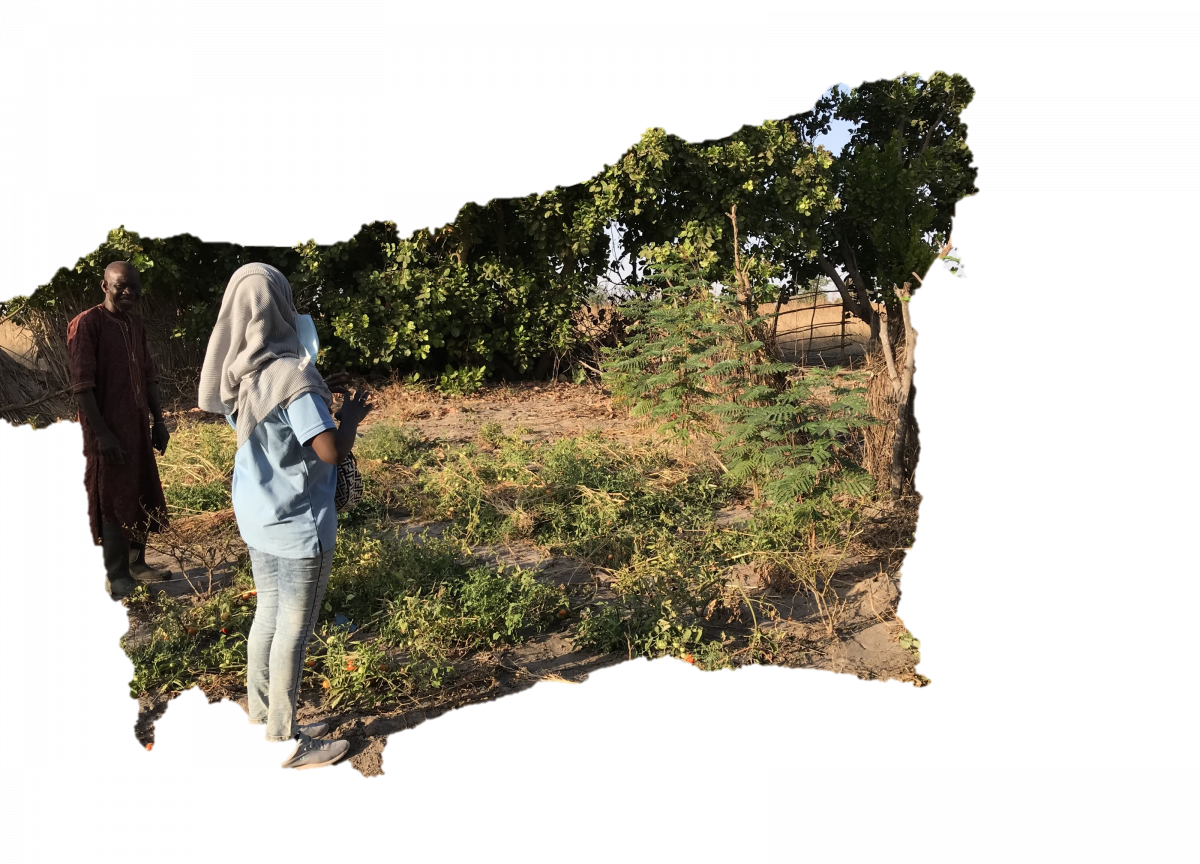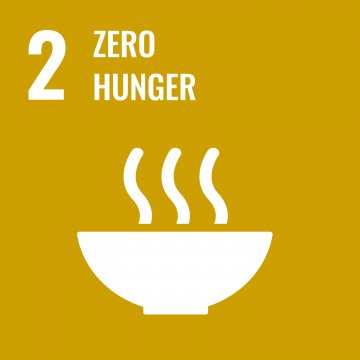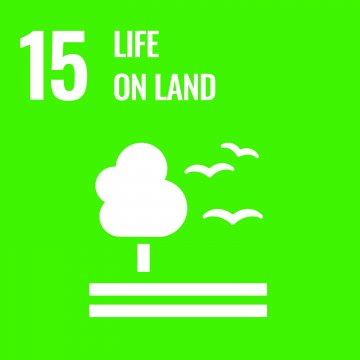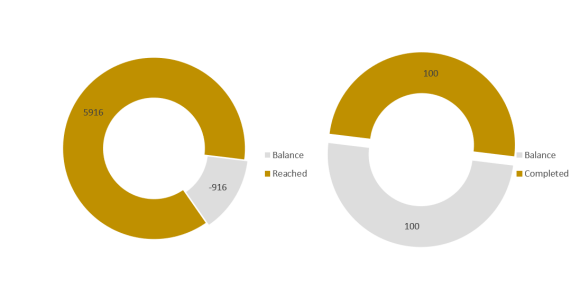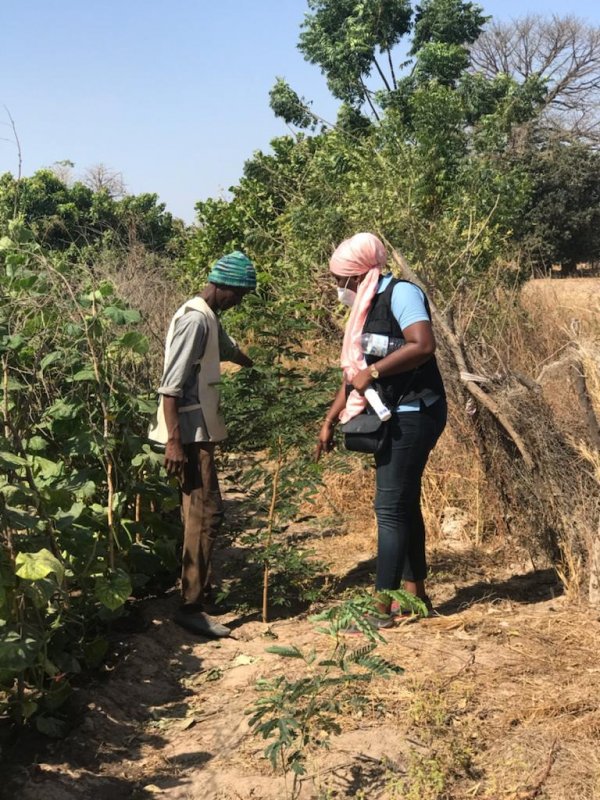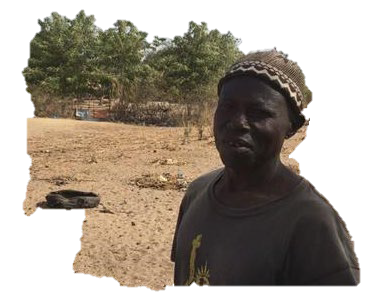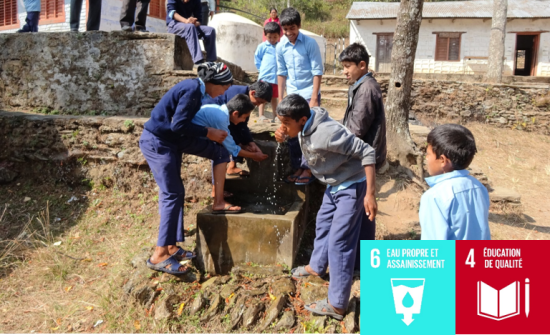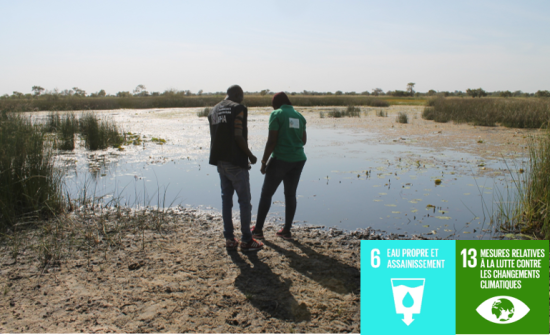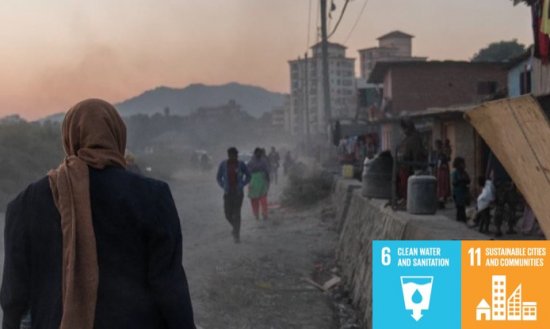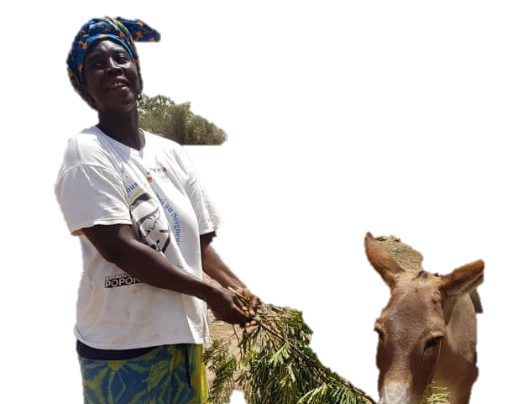Intensive agriculture, the use of chemical fertilisers and the weakening of ecosystems such as forests are causing soil degradation. The loss of soil, the destruction of crops and livelihoods combined with the acceleration of extreme weather events increases the vulnerability of communities to the effects of climate change.
IRHA supports local actors in implementing concrete responses to soil improvement, land and vegetation cover restoration and natural resource management.
Rainwater management and conservation techniques could increase the kilocalorie production of rainfed crops by +24% or even +40% if combined with irrigation (FAO, 2020)
Rainwater management to achieve "Zero Hunger" is fully in line with the Sustainable Development Goals SDG2 and SDG15.
In order to improve the health, living conditions and resilience of communities and ecosystems, our action consists of supporting the food sovereignty of communities and the promotion of sustainable rain-fed agriculture.
- Development of action plans for integrated water resource management at the watershed level, drawn up in a participatory manner with all local stakeholders (communities, authorities, services, etc.)
- Establishment of agroforestry plots, infrastructure for erosion control and runoff reduction,
- Establishment of storage, infiltration and groundwater recharge infrastructures
- Strengthening the technical and management capacities of field actors (institutions, farmers, cooperatives, etc.).
